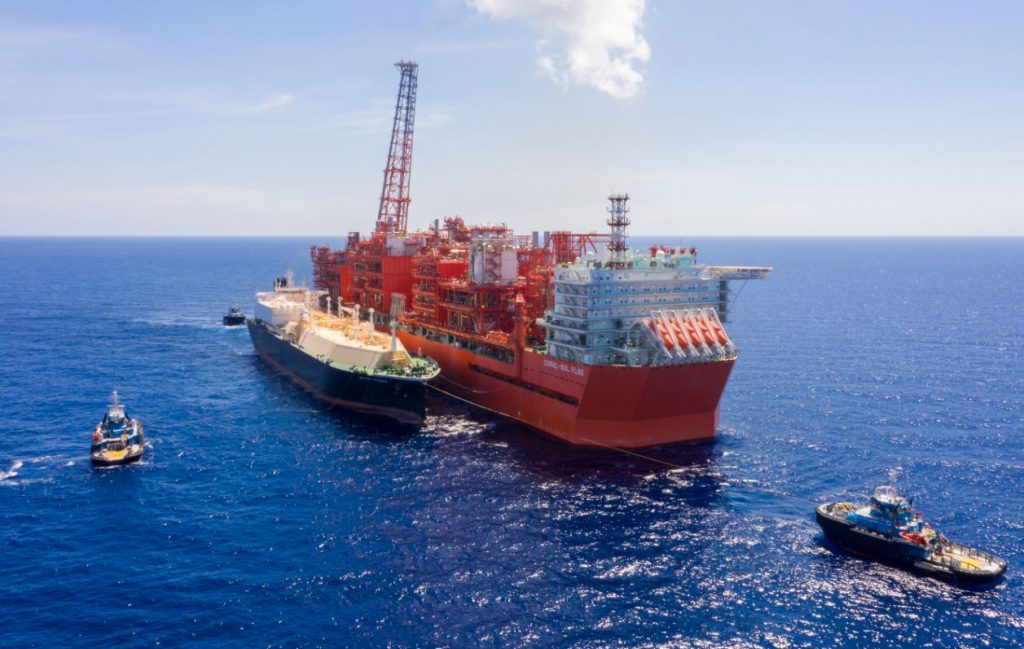The Seychelles Civil Aviation Authority (SCAA) has announced that it would be participating voluntarily to support the Carbon Offsetting and Reduction Scheme in International Aviation (CORSIA) in January 2023.
This announcement was made in a short ceremony by the SCCA CEO, Garry Albert, to the Secretary General of the International Civil Aviation Organisation (ICAO), Dr Juan Carlos Salazar, on the sidelines of ICAO’s 41st General Assembly.
Albert in his address said that SCAA is fully committed to environmental protection endeavours being put forward by ICAO.
“As a Small Island Developing State, we are mindful of the impact of climate change on the livelihood of our people. The development of the aviation sector should be sustainable, and we support initiatives to achieve this. Our voluntary participation in CORSIA is important as it earns us priority status when it comes to various opportunities to build our capacity so that we too can transform our aviation industry into a green and sustainable one,” he said.
CORSIA is a programme whereby states submit annual CO2 emissions data to ICAO. This data calculates the global emissions level and determines the amount that needs to be offset. Offsetting CO2 emissions is implemented by planting trees and investing in sustainable projects globally.
Seychelles, an archipelago in the western Indian Ocean, is now one of 25 Small Island Developing States (SIDs) that has confirmed its participation in CORSIA as of January 2023. Other SIDs participating in CORSIA include Maldives, Jamaica, Guyana, and Kiribati, among other Caribbean and Pacific islands.
The flagship carrier of Seychelles, Air Seychelles, submits its CO2 emissions data to SCAA annually and this is verified through a State Order Magnitude check before it is submitted to ICAO. The scheme only applies to carriers that undertake international operations.
The SCAA said that at the end of the 41st ICAO General Assembly “it was highlighted that countries had achieved some tremendous and significant progress on the completion of the first periodic review of CORSIA.”
This includes the new emission baseline from 2024 onwards, defined as 85 per cent of CO2 emissions in 2019, and revised percentages for the sectoral and individual growth factors to be used for the calculation of offsetting requirements from 2030 onwards.
CORSIA is only one action in a basket of measures to achieve the industry’s commitment to net zero emissions by 2050, which aligns with the 2015 Paris Agreement and the UN’s Sustainable Development Goals (SDGs). The aviation industry, through the ICAO, in this way is taking essential steps to address climate change issues.


